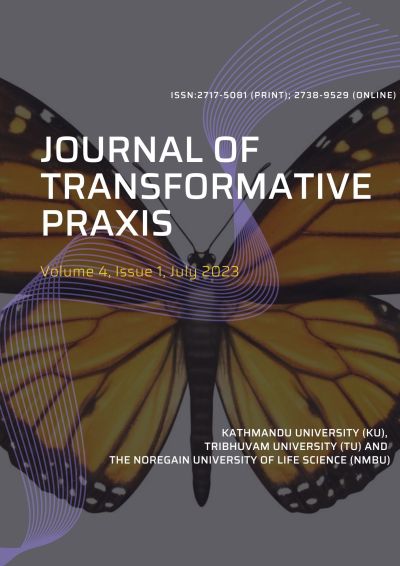Collaborative Autoethnography: Emancipatory Research for Educational Researchers
Keywords:
Collaborative Autoethnography, Emancipatory Research, Constructivist, ExperiencesAbstract
Collaborative Autoethnography (CAE) arises from an anthropological-critical research tradition that aligns with cultural-historical and constructivist onto-epistemologies. In CAE, two or more researchers collaborate to write about their personal experiences related to a specific topic (Gal et al., 2013) and writing is based on collaborative, autobiographical, and ethnographic principles (Chang et al., 2013). Indeed, CAE is characterized by sharing stories, collective reflections, and hermeneutical meaning-making to identify un/common themes and insights. This editorial is based on our experiences and principles we abided with CAE as facilitators, researchers, and practitioners. In this editorial, we examine constructivist and critical perspectives on the CAE, including individual, collaborative, reflective, and analytic processes. We argued that sharing experiences, reflecting on them, and making meaning collaboratively are all essential components of the CAE processes. We acknowledge that the epistemic process can be emotionally draining for researchers to write about their personal experiences. Nevertheless, we believe that researchers must reflect on their own experiences to gain a deeper understanding of their own practices, thereby working towards improving their own actions via self-reflection. In addition, we believe that it is essential for researchers to collaborate with others to share their experiences and gain new perspectives. So, in this editorial, we would like to highlight CAE as a collaborative reflection as a timely alternative research approach (Roy & Uekusa, 2020). This editorial discusses the key ideas of collaborative participatory research, social constructionist principles, critical research, culture studies, emancipatory principle, and research for all, which are processes that improve collaborative practices for enhancing emancipatory research. The editorial concludes with a brief summary of the articles and book review that are covered in Volume 4 Issue 1.
Downloads
Downloads
Published
How to Cite
Issue
Section
License
Copyright (c) 2023 The Author(s)

This work is licensed under a Creative Commons Attribution-NonCommercial-ShareAlike 4.0 International License.
This license enables reusers to distribute, remix, adapt, and build upon the material in any medium or format for noncommercial purposes only, and only so long as attribution is given to the creator. If you remix, adapt, or build upon the material, you must license the modified material under identical terms.




